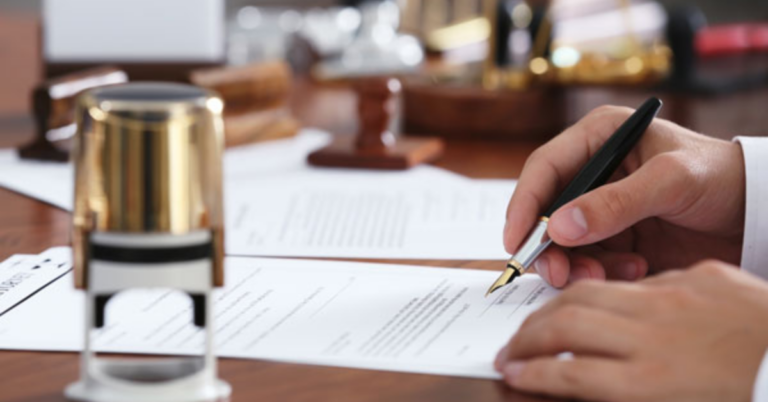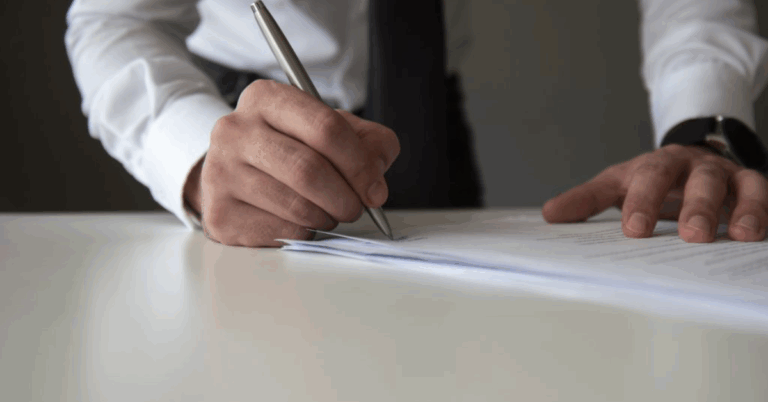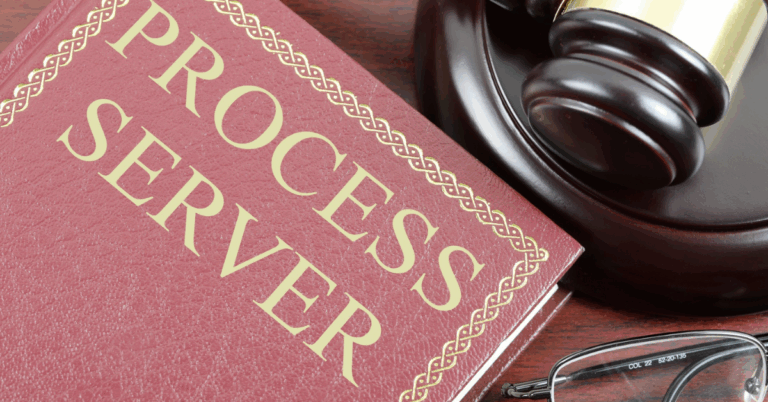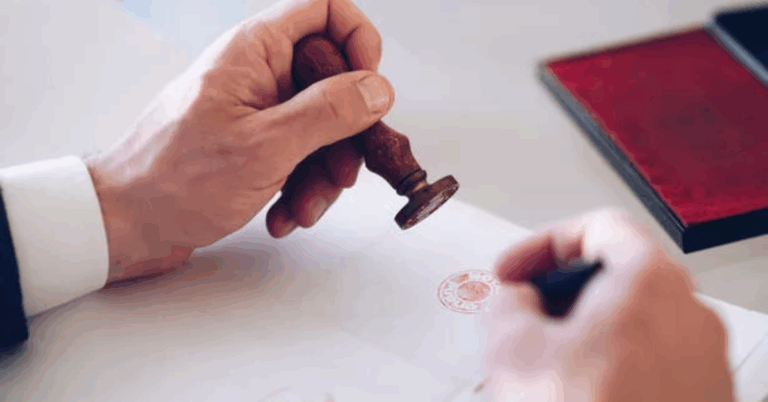Apostille Passport: Everything You Need to Know About Passport Apostille Services
When dealing with international travel, immigration, or legal formalities abroad, the authentication of your passport can become a crucial step. This is where the apostille of a passport comes into play. If you are planning to use your passport for official purposes in a foreign country, understanding the Apostille Passport process can save you time, money, and hassle.
In this blog, we’ll cover what it means to apostille a passport, why it’s required, the steps involved, and key tips to make the process smooth and hassle-free.
What is an Apostille for a Passport?
An apostille for a passport is a certification provided by the Competent Authority (usually the Ministry of Foreign Affairs or the Department of State) confirming the authenticity of the signature, seal, or stamp on your passport. This certification allows your passport to be legally recognized in other countries that are members of the Hague Apostille Convention.
Unlike notarizing or authenticating other public documents, the apostille for a passport serves as a quick verification that your passport is genuine and issued by the proper authorities.
Why Do You Need an Apostille on a Passport?
Though your passport is an internationally recognized travel document, there are specific circumstances where an apostille may be necessary:
-
Visa and Immigration Applications: Some countries require your passport to be apostilled as part of their visa or immigration procedures.
-
Legal or Business Transactions Abroad: If you are involved in legal processes or business deals overseas, your passport may need to be apostilled as proof of identity.
-
Educational and Employment Purposes: Certain universities and employers abroad might request an apostilled passport as part of the verification process.
-
Consular Services: For some consular services such as applying for foreign citizenship or residency permits, apostilled passports are required.
Can You Apostille the Original Passport?
Generally, you cannot apostille the original passport itself, as it is a personal travel document issued by the government. Instead, what is apostilled is usually a certified true copy of the passport or a passport verification letter issued by a notary public or relevant authority. The apostille then authenticates the certification or verification of the copy.
This means:
-
You submit a notarized copy of your passport to the Competent Authority.
-
The Competent Authority issues an apostille on the notarized copy or the official verification document.
-
This apostilled document serves as the authenticated passport proof for international use.
The Apostille Passport Process: Step-by-Step
Step 1: Obtain a Notarized Copy of Your Passport
Since the original passport cannot be apostilled directly, the first step is to get a certified or notarized copy. A notary public or authorized official certifies that the copy is a true and accurate representation of the original passport.
Step 2: Submit the Notarized Copy for Apostille
Once you have the notarized copy, you submit it to the Competent Authority responsible for apostilles in your country. This could be the Ministry of Foreign Affairs, Department of State, or another designated office.
Step 3: Authentication and Issuance of Apostille
The Competent Authority verifies the authenticity of the notarization or certification. Upon confirmation, they attach the apostille certificate to the notarized copy.
Step 4: Receive Your Apostilled Passport Copy
After processing, you receive the notarized passport copy with the apostille attached, which you can then use for your international requirements.
How Long Does the Passport Apostille Process Take?
The processing time for apostilling a passport copy varies depending on the country and the office handling your application. Typically:
-
Standard processing time is between 3 to 10 business days.
-
Expedited services may reduce this to 1 to 3 days, often for an additional fee.
Planning ahead and submitting your documents early is advisable to avoid delays.
Who Issues the Apostille for Passport Copies?
The issuing authority for the apostille varies by country but is usually a government office authorized to provide apostilles under the Hague Convention. Commonly:
-
Ministry of Foreign Affairs
-
Department of State or equivalent
-
Public Notary offices (for certification of copies, but apostille is issued by higher authority)
Always verify the correct Competent Authority before submitting documents.
Important Tips for a Smooth Passport Apostille
-
Ensure the copy of your passport is clear, legible, and includes all relevant pages (especially the photo and signature page).
-
Have your passport copy notarized by an authorized notary public.
-
Confirm the exact requirements with the apostille authority, as some countries have specific guidelines.
-
Use professional apostille services if you are unfamiliar with the process to avoid errors or delays.
-
Keep copies of all documents submitted and track your application status regularly.
Apostille Passport vs. Regular Passport Authentication
Many people confuse apostille certification with other types of authentication:
-
Apostille: Specifically for countries part of the Hague Apostille Convention, providing a standardized form of document authentication.
-
Legalization: For countries not in the Hague Convention, which often requires multiple certifications and embassy authentications.
-
Notarization: Certification by a notary public that a copy is true or a signature is authentic, but not valid internationally without an apostille or legalization.
Understanding these differences is crucial to ensure your passport or its copy is correctly authenticated for international use.
Frequently Asked Questions (FAQ)
Q1: Can the original passport be apostilled?
A: No, typically the original passport cannot be apostilled. Instead, a notarized copy of the passport is apostilled.
Q2: Is apostille required for passports in all countries?
A: Apostille is only required if the passport copy needs to be used in a country that is a member of the Hague Apostille Convention and if the receiving authority specifically asks for it.
Q3: How do I get a notarized copy of my passport?
A: Visit a licensed notary public who will verify your original passport and certify a photocopy as a true copy.
Q4: How long does the apostille process for passport copies take?
A: It usually takes between 3 to 10 business days, but expedited options are available.
Q5: Can I apostille a passport for visa purposes?
A: Some countries require an apostilled passport copy as part of the visa application process. Always check with the embassy or consulate.
Q6: What if my country is not part of the Hague Convention?
A: Then you must follow the legalization process, which may include embassy authentication in addition to notarization.
Conclusion
The apostille passport process is an essential step for anyone needing to use their passport documentation for official international purposes. While you cannot apostille the original passport itself, obtaining a notarized copy and having it apostilled ensures that your identity document is recognized legally across borders.
If you are planning to apply for visas, study or work abroad, or engage in international legal or business affairs, understanding and completing the apostille process correctly is vital. For a hassle-free experience, consider working with a professional apostille service that can guide you through every step, ensuring your documents are processed efficiently and accurately.







